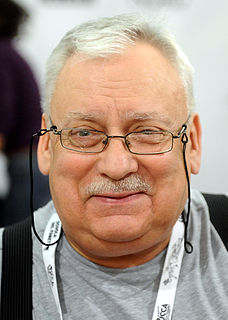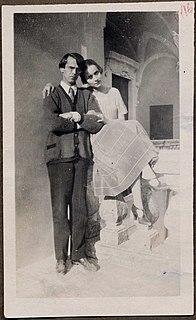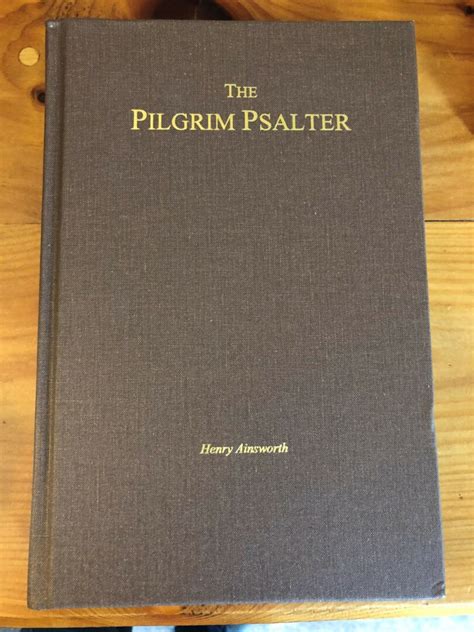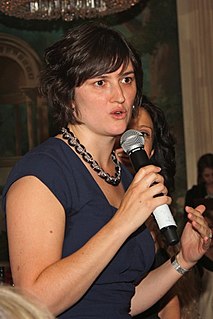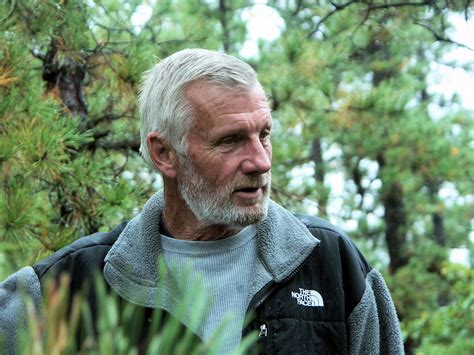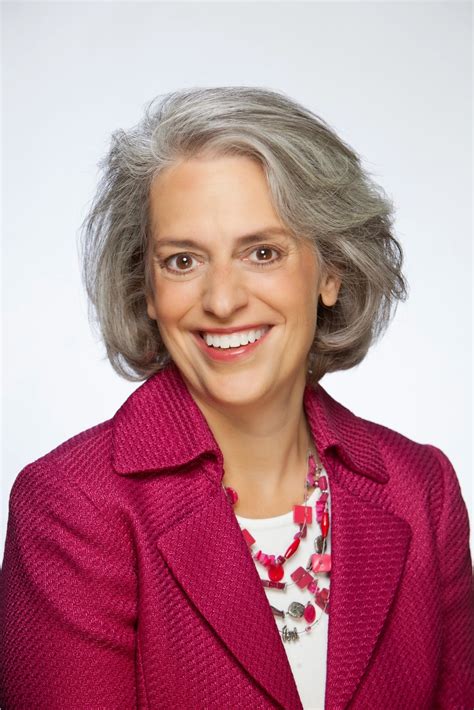A Quote by Dolly Parton
Our own freewill, to choose the paths we take, no greater deed could ever be done than for another's sake.
Related Quotes
... only the good deed done for Christ's sake brings us the fruits of the Holy Spirit. All that is not done for Christ's sake, even though it be good, brings neither reward in the future life nor the grace of God in this life. That is why our Lord Jesus Christ said: 'He who gathers not with Me scatters' (Lk. 11:23).
We've also seen another future we could choose. First of all, we'd have the right to choose. It's an America in which no one can charge us more than men for the exact same health insurance; in which no one can deny us affordable access to the cancer screenings that could save our lives; in which we decide when to start our families.
There are paths and ruts in the spirit world as there are in the physical and mental world. One must take the tools of the spirit world and make one's own path rather than exactly follow the paths of those who once were . . . You must not seek their path and their understanding, but you must seek your own. The ruts of the spirit are trying to follow others and it cannot be done.
When we stop trying to control events, they fall into a natural order, an order that works. We're at rest while a power much greater than our own takes over, and it does a much better job than we could have done. We learn to trust that the power that holds galaxies together can handle the circumstances of our relatively little lives.
Perhaps that is our doom, our human curse, to never really know one another. We erect edifices in our minds about the flimsy framework of word and deed, mere totems of the true person, who, like the gods to whom the temples were built, remains hidden. We understand our own construct; we know our own theory; we love our own fabrication. Still . . . does the artifice of our affection make our love any less real?







